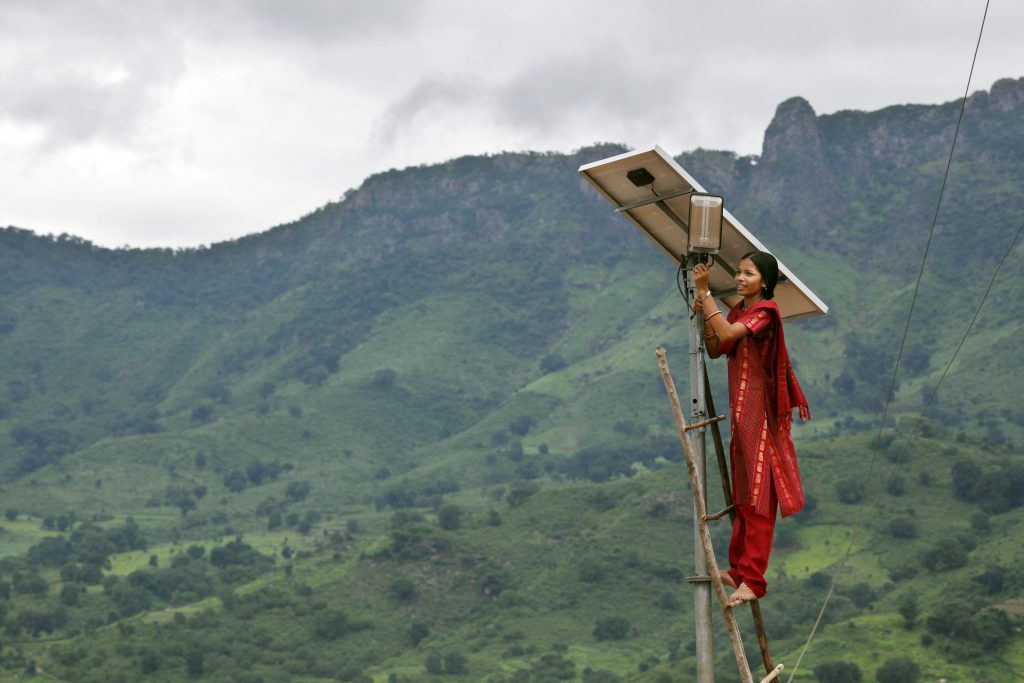Hi, I’m Xiaoxia Newton, co-Chair of ICCE and an Associate Professor at College of Education, UMass Lowell. I’m happy to promote our international awardees’ sessions and encourage you to attend their presentations. Our awardees spanning three continents (Southeast Asia, Latin America, and Africa).
Hot Tip: Enhance the quality of evaluation work through capacity building among diverse stakeholder groups
The role for an evaluator is a hotly debated issue. Our conceptions of what roles evaluators ought to play reflect a mixture of factors. These factors include our own disciplinary training, the context in which we conduct most of our evaluation work, the nature and types of programs and/or policy we typically are asked to evaluate, what we believe about who ought to be the primary audience of the evaluation findings (e.g., decision makers vs. program managers or participants), etc. Our evaluation approaches reflect our value systems concerning evaluator roles, explicitly or implicitly (e.g., evaluators as educators, as objective technicians or methodologists, as impartial external judges, as advocates for the least powerful stakeholders such as program participants, etc.).
Our awardees’ work provides an excellent opportunity for examining the assumptions and values evaluators bring to the table when designing and conducting an evaluation. The evaluative work presented by these awardees takes place in diverse communities, though they share a common theme. The context of their work often presents varying degrees of complexities and challenges, including a lack of skills among program participants implementing what the program wants them to do, inadequate outcome indicators that are meaningful and useful, limited resources, and insufficient capacity among evaluators.
Our awardees will share how they overcame these challenging and complex issues through their evaluative work. One practice we could learn from is the importance of capacity building among diverse stakeholder groups. The capacity building can take the form of forging partnerships between the evaluation team and local communities or among different organizations involved in the evaluation work. Capacity building can mean educating researchers who might not have in-depth knowledge or skills of evaluation. Capacity building can also mean providing direct training of program participants on what they are supposed to implement before evaluating the program impact.
Hot Tip: Here are a few sessions of our international travel awardees:
- Thursday Concurrents 8:00am-9:00am
2797:All About Action: Evaluation Methods in the International Development Context at the Peace Corps
- Thursday Concurrents 1:15pm-2:00pm
APC2:Evaluation to inform public-interest decisions: Examples from the US and Tanzania
- Friday Concurrents 8:00am-9:30am
3063:Modern Slavery and Human Trafficking: Filling the M&E Gaps for Effective Interventions
- Thursday Concurrents 11:30am-12:15pm
ToE1:International Evaluation Perspectives
Rad Resources: The TIG meeting will take place on Thursday, November 9 between 6:00 and 6:45p.m. (meeting place TBD). Attending the TIG meeting is a great way to network, learn about each other’s work, and get involved with the ICCE and AEA. The TIG meeting is also a great place to learn A to Z about the international travel award application process and support we offer to those who are interested in applying.
The American Evaluation Association is celebrating International and Cross-Cultural (ICCE) TIG Week with our colleagues in the International and Cross-Cultural Topical Interest Group. The contributions all this week to aea365 come from our ICCE TIG members. Do you have questions, concerns, kudos, or content to extend this aea365 contribution? Please add them in the comments section for this post on the aea365 webpage so that we may enrich our community of practice. Would you like to submit an aea365 Tip? Please send a note of interest to aea365@eval.org. aea365 is sponsored by the American Evaluation Association and provides a Tip-a-Day by and for evaluators.

